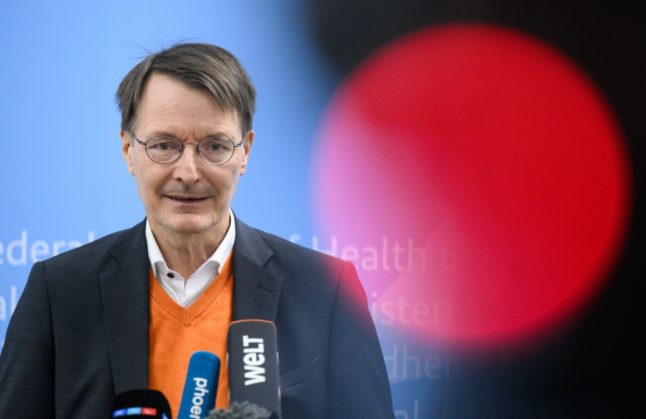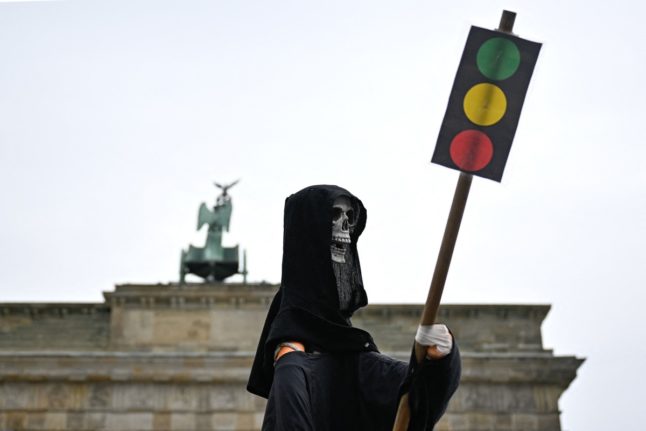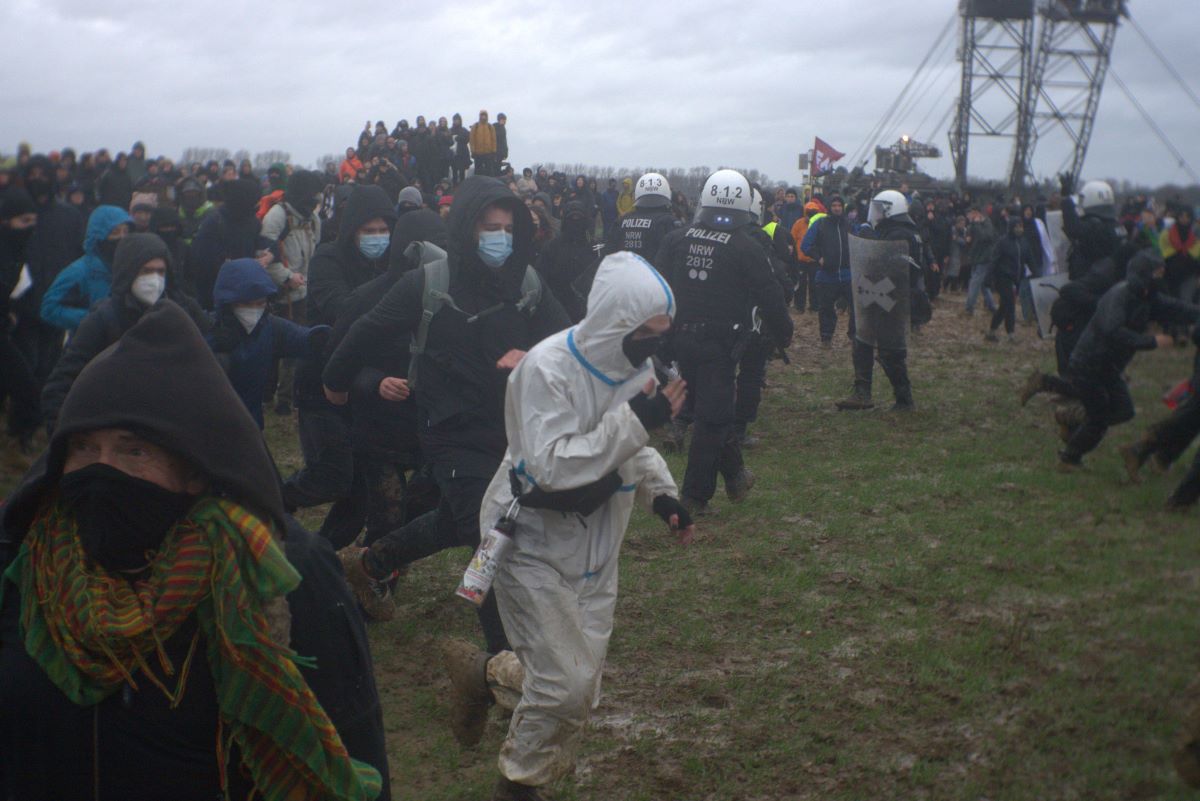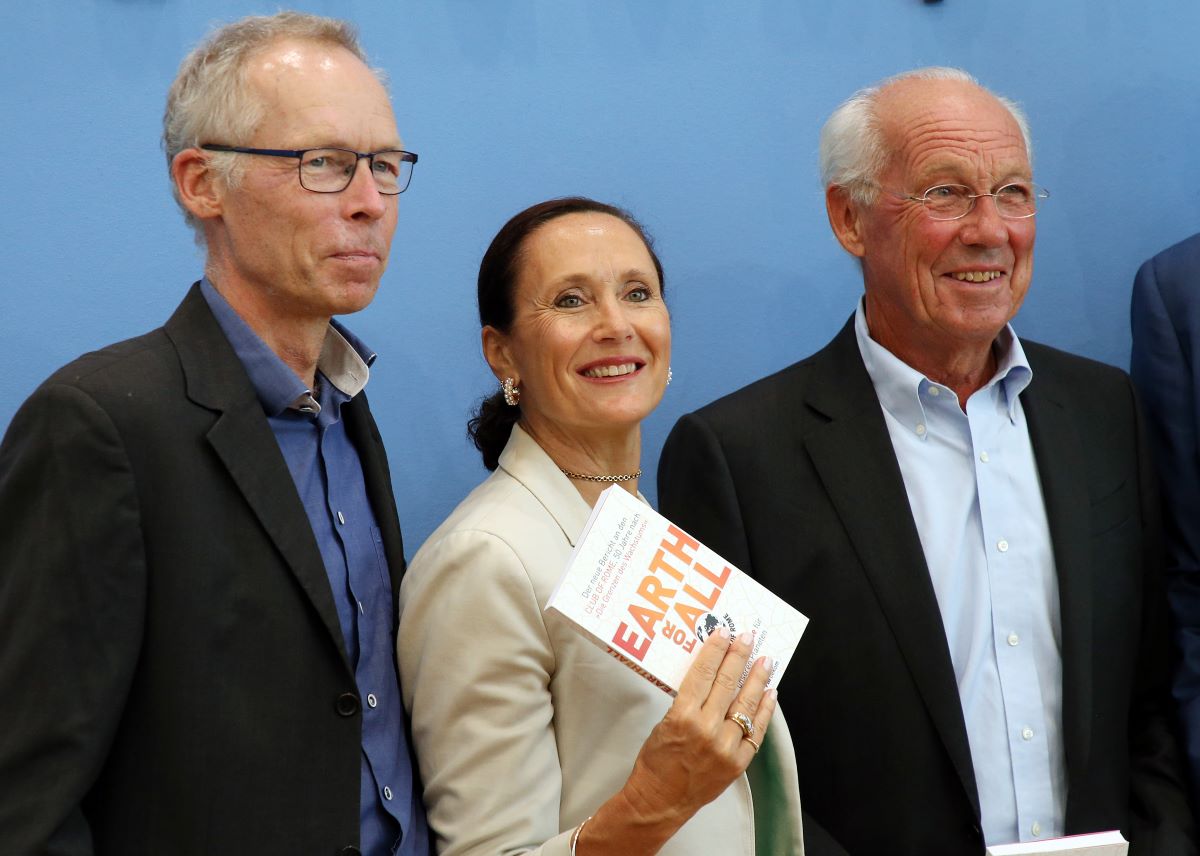Like other European countries, Germany has for weeks struggled with supply bottlenecks abroad that have hampered the delivery of key medicines, particularly liquid ibuprofen and paracetamol for children.
“Children must get the medication they need,” Health Minister Karl Lauterbach told reporters. “Even if that means paying a bit more.”
He said Germany would remove an existing price cap and allow the country’s public health insurance funds to pay up to 50 percent more for children’s medication, making the country a more attractive market for suppliers.
Many of the badly needed drugs are manufactured patent-free in countries like India and China, Lauterbach said.
When supply chain disruptions curb production, Germany loses out to other countries competing for the same drugs because of its traditionally low prices.
The shortages come as Germany is grappling with a surge in illnesses, including a “tripledemic” of Covid-19, influenza and the respiratory syncytial virus (RSV) which causes bronchiolitis.
READ ALSO: ‘No space’: German hospitals overwhelmed by sick kids
Hitting back at criticism that pharmaceutical companies would be the big winner if Germany lifted price caps, Lauterbach said it “can’t be the case that we can’t give” children “their medication this Christmas season.
“The money is there and we will use it,” he added.
Lauterbach also unveiled longer-term plans to ease bottlenecks affecting other medication, especially generic antibiotics and cancer drugs.
In a draft law to be unveiled in January, Lauterbach will propose raising the price ceiling by 50 percent for medicines at risk of running out and installing an early warning system to have a better idea of looming supply issues.
To reduce reliance on Asia, Lauterbach also wants more production to be based in Europe again.
Future tenders for the production of key medicines should be at least partially awarded to European manufacturers, he suggested, even if the European firms are not the cheapest bidders.





 Please whitelist us to continue reading.
Please whitelist us to continue reading.
Member comments